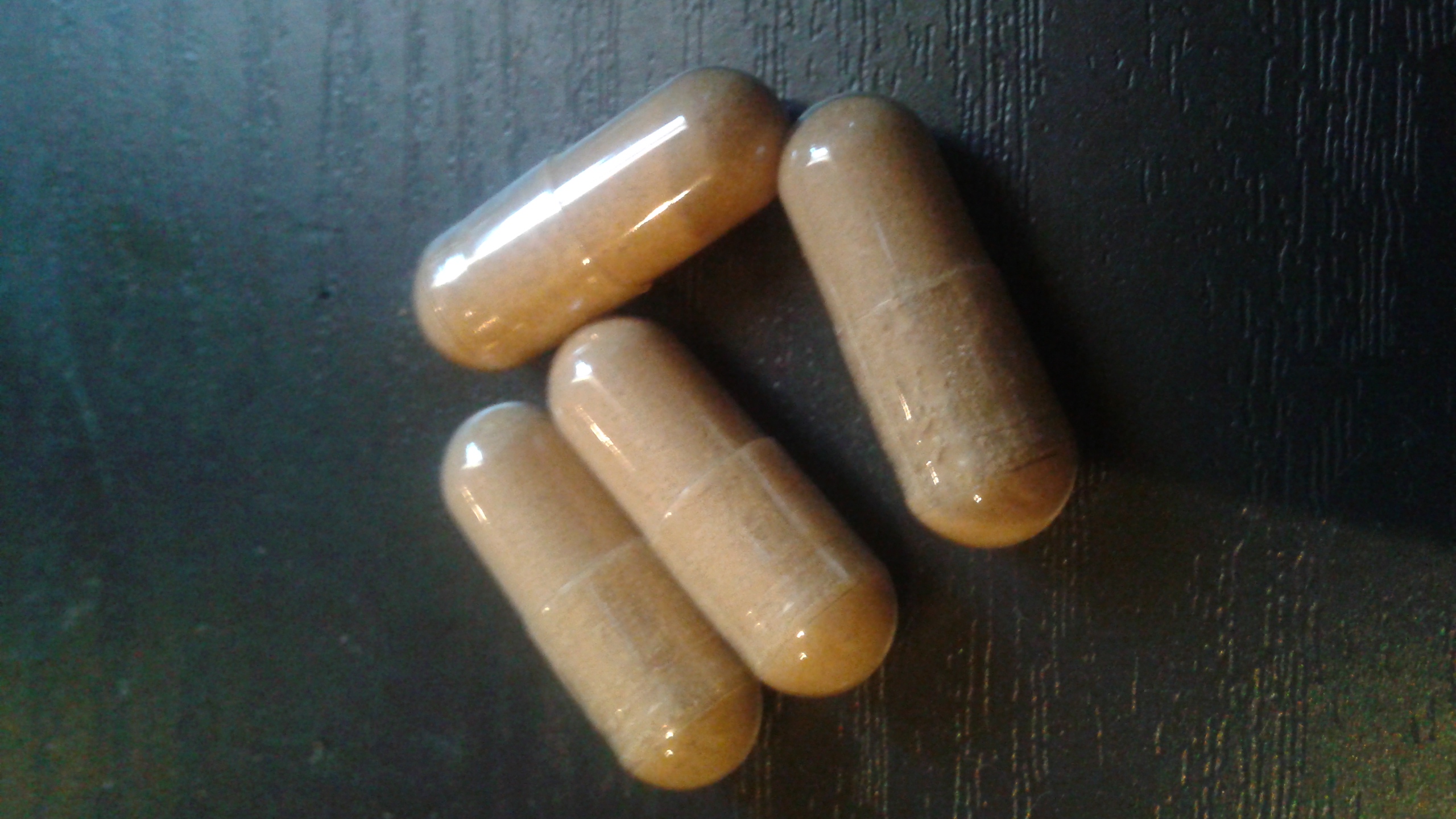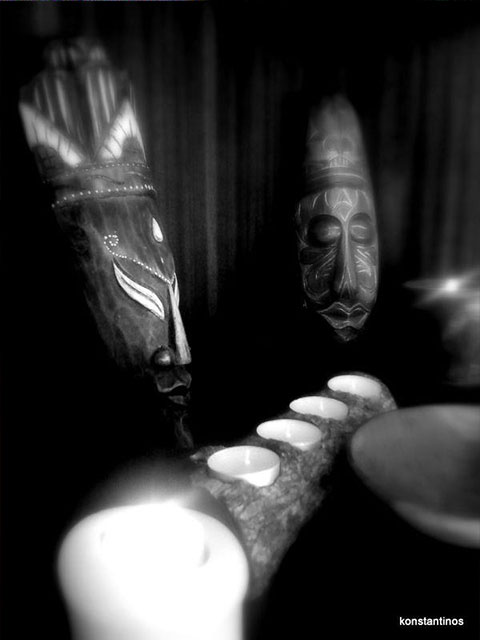Ibogaine is a naturally occurring alkaloid found in Tabernanthe iboga and other plant species of Central West Africa. The use of ibogaine-containing plants has been reported for centuries in the region’s religious practices and traditional medicine.
Ibogaine was first reported to be effective in interrupting addiction disorders by Howard Lotsof. Lotsof, who was addicted to heroin himself at age 19, became a fierce advocate and researcher on behalf of ibogaine’s medical usage after discovering its anti-addictive properties. After the initial studies demonstrating ibogaine’s effects on cocaine and heroin dependence by Lotsof in 1962 and 1963, he was awarded several US patents for the treatment of various chemical dependencies with ibogaine including opiate narcotic dependence in 1985, cocaine dependence disorders in 1986 and poly-drug dependence disorders in 1992.
Ibogaine was also used in psychotherapy by pioneering psychiatrist Claudio Naranjo and its effects were reported on in his book “The Healing Journey.” Naranjo found that ibogaine allowed his patients to view their past experiences in an objective manner, which enabled them to confront personal issues that were previously unapproachable. This was facilitated by ibogaine’s ability to enhance retrieval of repressed memories. Many users of ibogaine report experiencing visual phenomena during a waking dream state, such as instructive replays of life events that led to their addiction, while others report therapeutic visions that help them conquer the fears and negative emotions that might drive their addiction.
The most-studied therapeutic effect of ibogaine is the reduction or elimination of addiction to opioids, including the alleviation of symptoms of opioid withdrawal. Ibogaine also affects dopamine, a substance hypothesized to be responsible for reinforcing pleasurable effects of drugs of abuse, and has been shown to target serotonin transporters and to elevate serotonin levels. These findings point to how ibogaine may moderate the use and abuse of substances as diverse as opiate narcotics, stimulants, nicotine and alcohol, and may affect compulsive behavioral patterns not involving substance abuse or chemical dependence. Author, psychiatrist and addiction specialist Gabor Mate has repeatedly stated that ibogaine is the only substance on the planet that has been discovered thus far that can immediately stop withdrawal symptoms in people with long-term addictions to opiates after just one treatment.
- Parts of brain that ibogaine effects


 Ελληνικά
Ελληνικά



